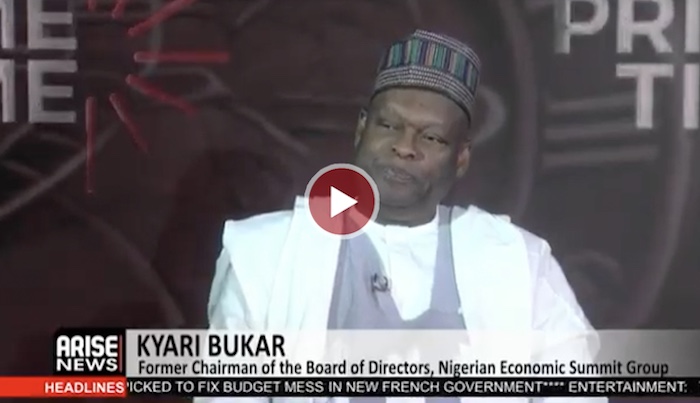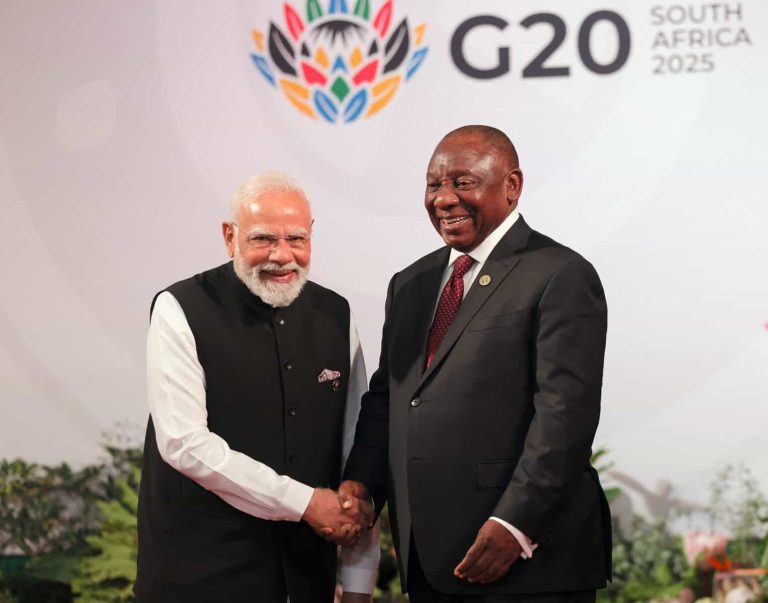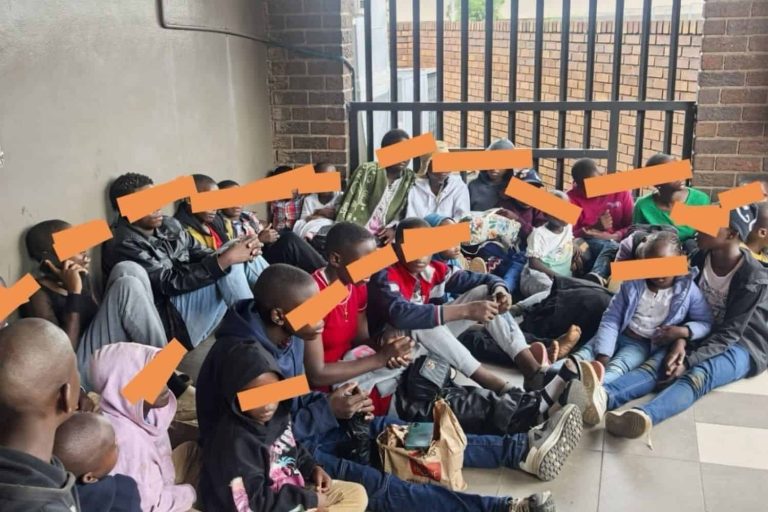

Former Chairman of the Nigerian Economic Summit Group (NESG), Kyari Bukar, has described President Bola Tinubu’s economic reforms as ‘bold but necessary steps’ to restore investor confidence and place Nigeria back on the path of sustainable growth, even as citizens continue to grapple with the hardship triggered by the changes.
Speaking in an interview with ARISE News on Monday, Bukar commended the administration for taking decisive actions such as fuel subsidy removal, exchange rate unification and tax reforms, saying they represent long-overdue measures that previous governments had failed to implement.
“Those sessions basically put in place what it means for a nation to have what I call a very bold reform. Even though at the time that Mr. President announced the fuel subsidy removal, I think it took a lot of courage to stay the course. And for a nation like Nigeria where intentions expressed are never actualised, this is a situation where you fire first before you even aim,” Bukar said.
He explained that the NESG had long advocated these reforms as essential for reviving the economy, adding that while the short-term pain was inevitable, the long-term benefits would be substantial.
“The three or so fundamental reforms are all the right things from the point of view of an economist, from the point of view of any policy person that looks at an economy like Nigeria’s and says, what should we do to kick-start a growth trajectory for Nigeria? And certainly from the point of view of the NESG. This administration has done it. Of course, naturally, it comes with a lot of challenges. And those challenges, in addition to some of the other global macro factors, have exacerbated the situation for the average citizen.”
Bukar noted that while inflation had begun to decline slightly, its effect was yet to be felt by ordinary Nigerians.
“Inflation has been reducing, albeit very slowly. A 1.1 or 1.2 percent reduction doesn’t translate into a cheaper lifestyle for the average citizen. But it is going in the right direction. Trend is a friend if it is going in the right direction,” he said.
He acknowledged that stagnant wages and widening income gaps continued to erode the benefits of macroeconomic progress, but maintained that the trajectory remained positive.
“One of the key things about this transformation of this sort is that it does come with disruption. And those disruptions include the hardship that these reforms have brought to the nation. Now, we can then talk about what could have taken place to exacerbate the situation vis-à-vis the most vulnerable of citizens. That has not yet been fully articulated, even though we have seen the humanitarian side of things,” Bukar stated.
He urged the government to leverage technology to ensure that welfare interventions reach the right people in ways that promote economic participation rather than dependence.
“Usually what happens is that if you combine that with technology and make sure that the right people get what is needed to uplift them — not necessarily by giving handouts per se, even if it is vouchers of some kind where there is an exchange of economic values — it would help,” he said.
Despite the hardship, Bukar expressed optimism that investor confidence was returning, pointing to greater stability in the foreign exchange market as a sign of progress.
“The most important component is that the uncertainty by an investor, be that investor local or foreign, is gone. Because what has happened is that we have seen stability of the Naira since the devaluation. Stability brings confidence. Confidence brings investors, both local and international. And that means that the Naira would actually begin to look stronger,” he said.
Bukar added that sustained confidence, coupled with catalytic investments by government in basic infrastructure, would eventually yield economic recovery and inclusive growth.
“If on that there is catalytic investment by government on some of the basic fundamental infrastructural elements of the economy, then we will start to see the turnaround that everyone is expecting,” he concluded.
Boluwatife Enome



